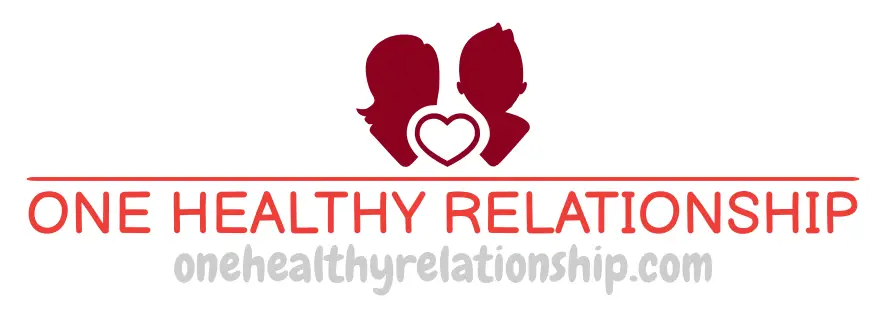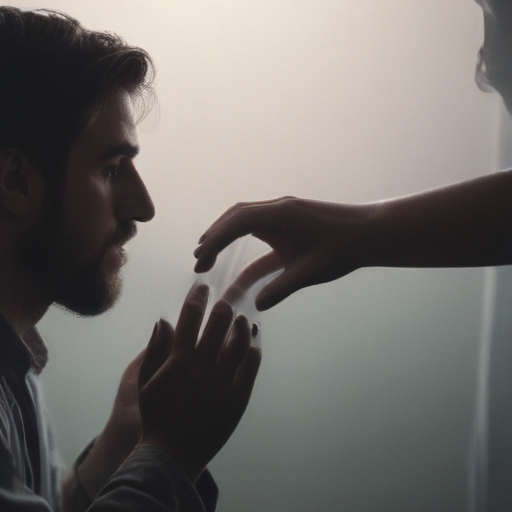Understanding Trauma Bonded Relationships
Understanding the dynamics of trauma bonding
Understanding the dynamics of trauma bonding is like trying to explain why you keep going back to that one questionable hair salon even though they always give you a terrible haircut. It’s a complex mix of fear, manipulation, and a twisted sense of loyalty that keeps you tethered to someone who may not have your best interests at heart. It’s like being stuck in a toxic cycle of love and pain, unable to break free because the familiarity of the dysfunction feels strangely comforting. But just like that bad haircut, eventually you have to muster up the courage to walk away and find a healthier relationship that doesn’t leave you feeling emotionally scalped.
Signs and symptoms of trauma bonded relationships
One interesting fact about trauma bonded relationships is that they can create a strong and intense emotional connection between two individuals who have experienced trauma together. This bond can be difficult to break, even if the relationship is toxic or harmful, as the shared experience of trauma can create a sense of loyalty and dependence on one another.
Signs and symptoms of trauma bonded relationships can be as subtle as trying to rationalize someone’s abusive behavior or constantly making excuses for their actions. It’s like being in a twisted dance where one partner holds all the power and control, while the other is left feeling helpless and dependent. You may find yourself feeling a strange mix of love and fear towards the person, unable to break free from the toxic cycle they have created. The emotional rollercoaster of highs and lows can leave you feeling drained and confused, wondering if this is really what love is supposed to feel like. Recognizing these red flags is the first step towards breaking free from the chains of trauma bonding and reclaiming your own sense of self-worth.
Breaking free from trauma bonds

Breaking free from trauma bonds is like trying to untangle yourself from a web of emotional manipulation and control. It requires immense courage and self-awareness to recognize that the relationship you are in is toxic and detrimental to your well-being. It’s about acknowledging the patterns of abuse and dysfunction that have kept you trapped in a cycle of pain and suffering. It’s not an easy journey, but it is a necessary one for your own mental and emotional health.
One of the first steps in breaking free from trauma bonds is to seek support from trusted friends, family members, or a therapist who can provide you with a safe space to process your feelings and experiences. Talking about your struggles and fears can help you gain a new perspective on the situation and empower you to take steps towards healing and recovery. It’s important to remember that you are not alone in this journey and that there are people who care about your well-being and want to see you break free from the chains of trauma bonding.
Another crucial aspect of breaking free from trauma bonds is setting boundaries and learning to prioritize your own needs and desires. This may involve distancing yourself from the person who has been causing you harm, whether it’s through physical separation or establishing clear emotional boundaries. It’s about reclaiming your power and autonomy, and recognizing that you deserve to be treated with respect and kindness. It may be a difficult and painful process, but it is essential for your own growth and healing.
As you navigate the process of breaking free from trauma bonds, it’s important to practice self-care and self-compassion. This may involve engaging in activities that bring you joy and fulfillment, seeking out support groups or therapy, and taking time to reflect on your own values and beliefs. It’s about rediscovering your own sense of worth and rebuilding your self-esteem after being torn down by a toxic relationship. Remember that healing is a journey, and it’s okay to take things one step at a time as you work towards breaking free from the chains of trauma bonding.
Healing and recovery after trauma bonding
A fun fact about trauma bonded relationships is that they can actually be broken with the help of therapy and support from loved ones. It may take time and effort, but it is possible to heal and move on from a toxic and unhealthy bond.
Healing and recovery after trauma bonding is a process of rediscovering and rebuilding yourself from the ground up. It’s about unraveling the layers of pain and hurt that have accumulated over time and learning to trust in your own strength and resilience. It may involve seeking therapy, practicing self-care, and surrounding yourself with a supportive network of friends and loved ones who uplift and empower you. It’s a journey towards reclaiming your sense of self-worth and finding peace and healing after enduring the turmoil of a toxic relationship. Remember, healing is not a linear path, but a series of ups and downs that ultimately lead to a place of self-love and acceptance.








